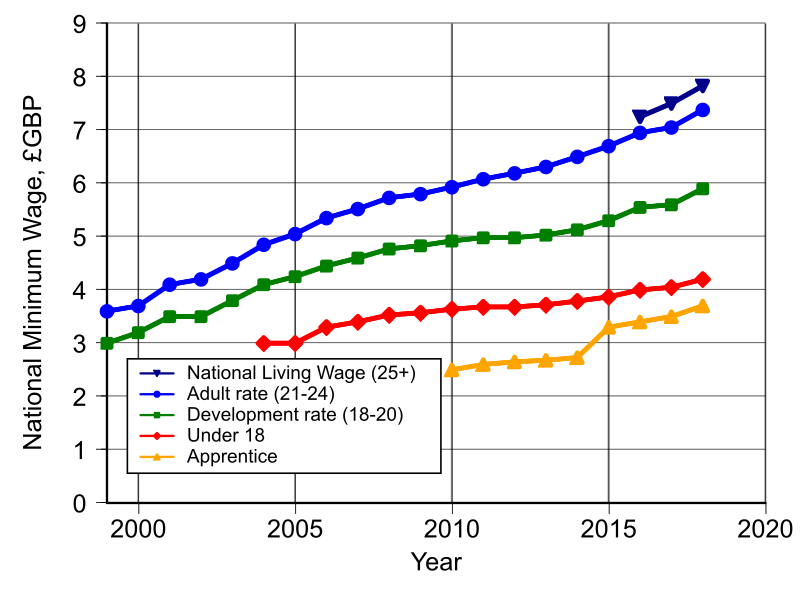Duchenne Muscular Dystrophy Community in Turmoil After Sarepta Deaths

The Duchenne muscular dystrophy (DMD) community is reeling following the recent death of a second teenage boy linked to the gene therapy treatment Elevidys, developed by Sarepta Therapeutics. This tragic event has sparked a mixture of fear, anger, and skepticism within the community, raising critical questions about the safety and efficacy of the therapy, especially for non-ambulatory patients.
The boy’s death, reported on June 16, 2025, was due to liver failure induced by the treatment, a situation reminiscent of the fate of another patient who succumbed to similar complications just weeks prior. Kameron Lawson, a parent from Stockton, California, received this devastating news from his son’s neurologist. His own 10-year-old son, Konner, who received Elevidys in April, is currently hospitalized due to signs of liver failure and faces an uncertain prognosis. “This kid died from the same thing we’re trying to fight off right now,” said Lawson, reflecting the emotional turmoil felt by many families affected by DMD.
Sarepta Therapeutics, a leader in developing gene therapies for rare diseases, has announced a temporary halt in administering Elevidys to non-ambulatory patients while investigations into the treatment's safety are ongoing. This decision aligns with the guidance from the U.S. Food and Drug Administration (FDA), which has been closely monitoring the situation.
The implications of these deaths extend beyond individual cases and touch on broader issues of patient safety and regulatory oversight in gene therapy. Dr. Ethan Greene, a leading researcher in gene therapy at Stanford University, remarked, “The tragic outcomes of these patients underscore the necessity for stringent safety protocols in the administration of experimental therapies.” His sentiments are echoed by Dr. Maria Lopez, a pediatric neurologist at Johns Hopkins University, who emphasizes the need for comprehensive risk assessments for all potential patients before proceeding with such treatments.
As the DMD community grapples with these developments, many families are left questioning the hope that gene therapy promised. “We were excited about the possibilities of Elevidys, but now we wonder if it’s worth the risk,” stated Jennifer Adams, a mother of a DMD patient, reflecting a growing sentiment of uncertainty among parents. This incident has prompted various advocacy groups to call for increased transparency and safety measures in the development and administration of gene therapies.
In the wake of these events, the impact on the biotechnology sector could be significant. Regulatory bodies may impose stricter guidelines for clinical trials, particularly in vulnerable populations such as children with severe conditions like DMD. Furthermore, investors and stakeholders within the biotech industry may reevaluate the risk profiles of gene therapy products, potentially stalling advancements in this promising field.
Looking ahead, the future of Elevidys and similar therapies remains uncertain. As Sarepta Therapeutics and regulatory agencies continue to investigate, stakeholders await clear answers regarding the safety and efficacy of gene therapies. The DMD community, while hopeful for advancements in treatment, now faces the harsh reality of navigating the complexities of innovative medical therapies with the utmost caution. The coming months will be critical in determining the path forward for both Sarepta and the patients it aims to serve.
Advertisement
Tags
Advertisement





